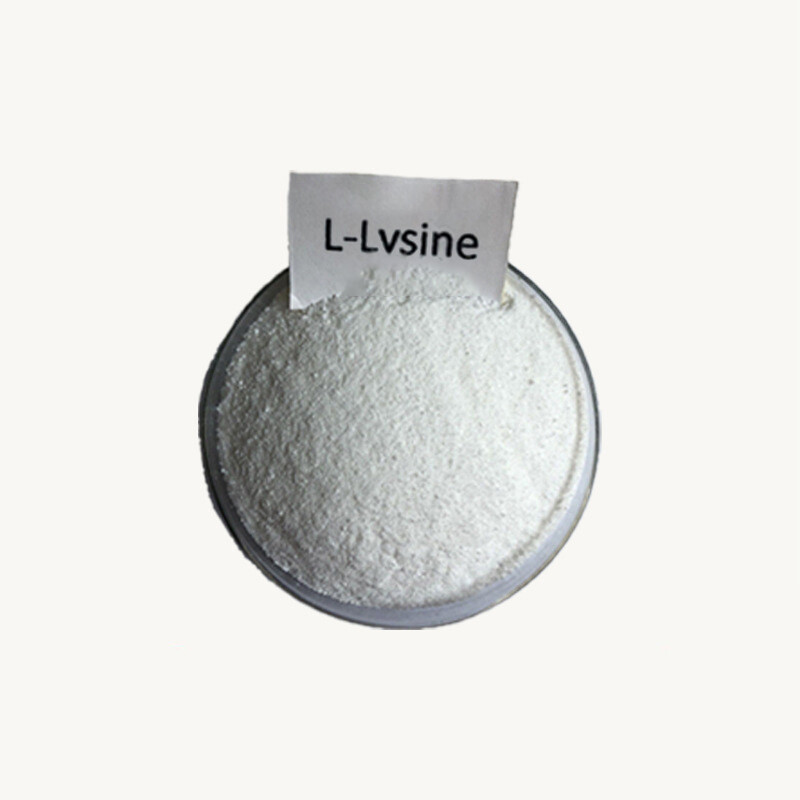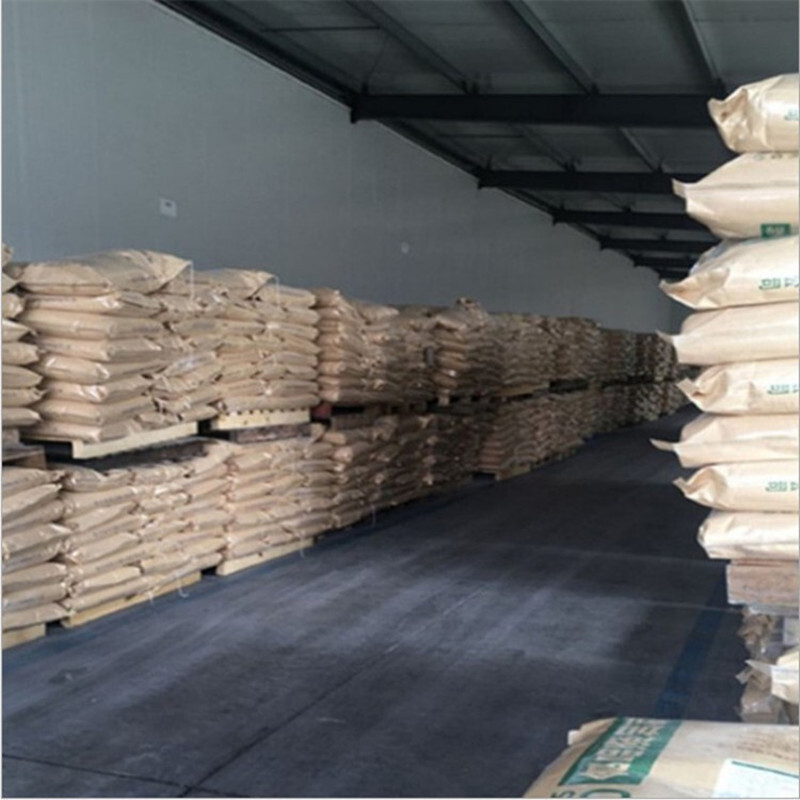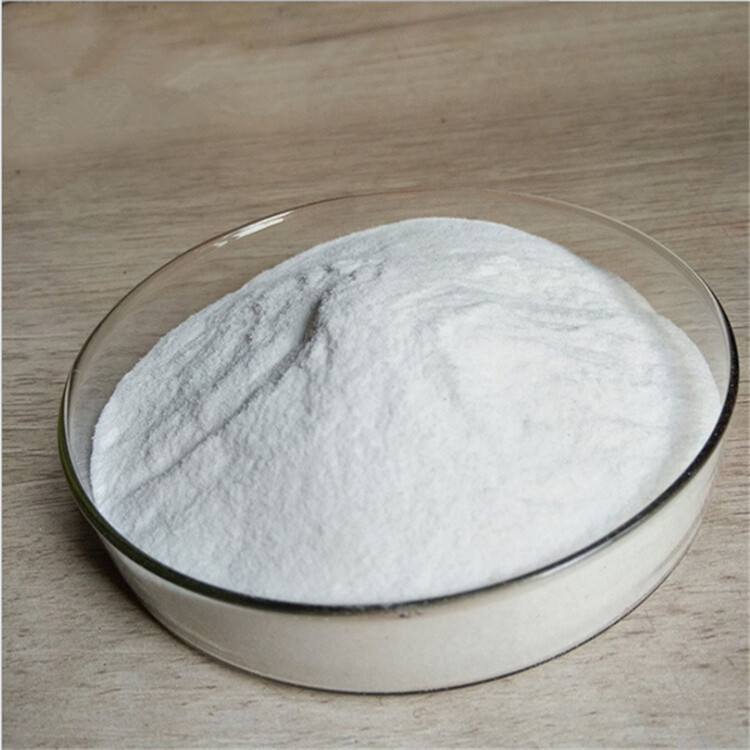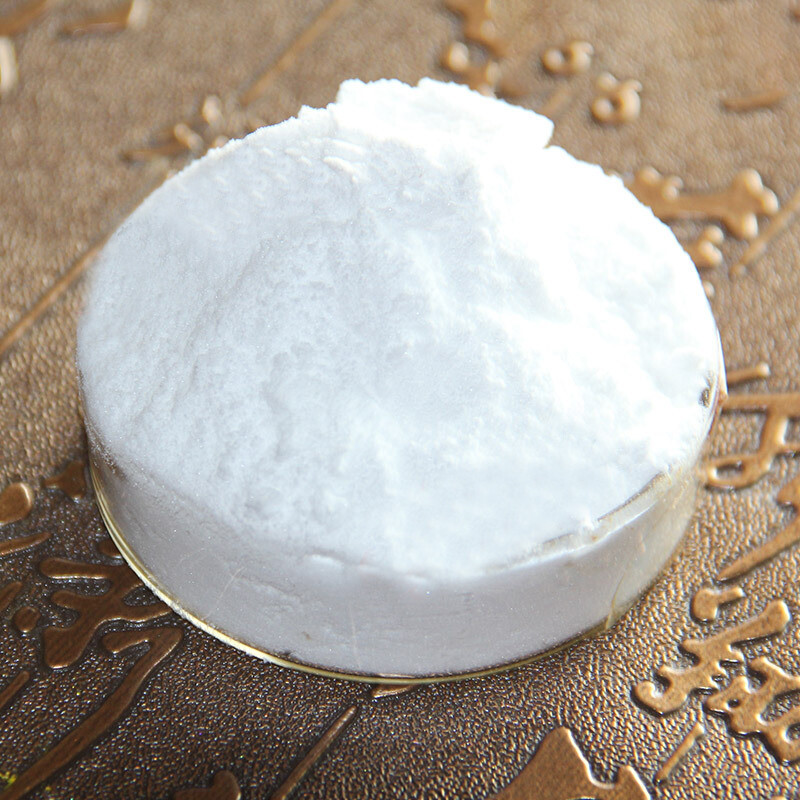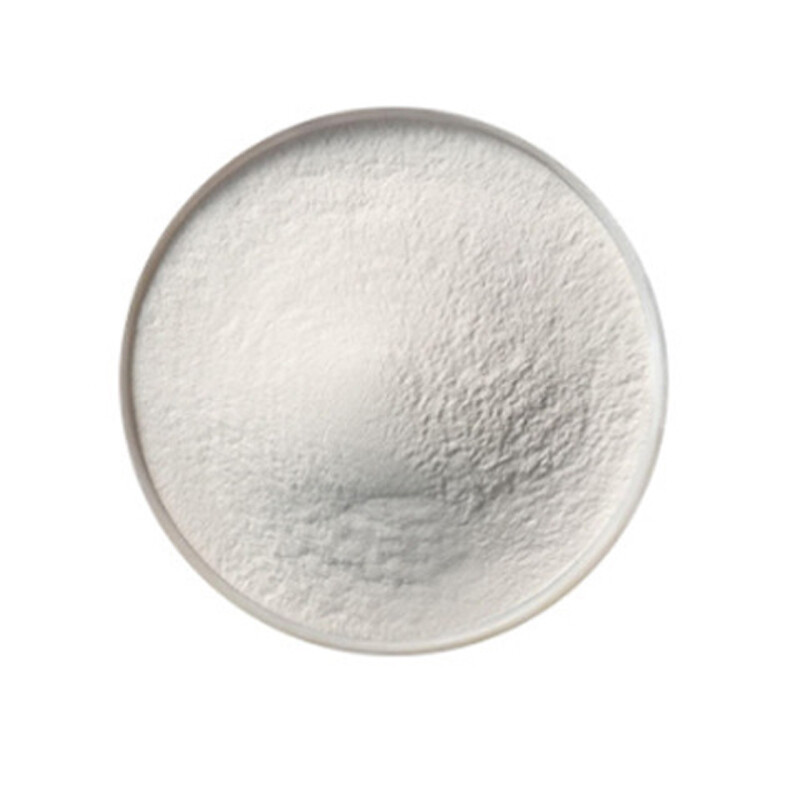
PRODUCTS
PRODUCTS
Product Details
PRODUCT DESCRIPTION
Lysine is one of the components that make up protein, and generally protein-rich foods contain lysine. Foods rich in lysine are animal foods (such as lean meat from livestock and poultry, fish, shrimp, crab, shellfish, eggs and dairy products), and legumes (including soybeans, mixed beans and their products). In addition, nuts such as almonds, hazelnuts, peanut kernels, and pumpkin kernels are relatively high in lysine. Lysine is very low in cereals and is easily destroyed during processing, making it the first limiting amino acid of cereals.
Lysine regulates the metabolic balance of the body. Lysine provides the structural components for the synthesis of carnitine, which leads to the synthesis of fatty acids in cells. Adding a small amount of lysine to food can stimulate the secretion of pepsin and gastric acid, improve the effectiveness of gastric juice secretion, and enhance appetite to promote the growth and development of young children. Lysine can also improve the absorption of calcium and its accumulation in the body, accelerating bone growth. If there is a lack of lysine, it will cause anorexia and nutritional anemia due to insufficient secretion of gastric juice, resulting in central nervous system obstruction and poor development. Lysine in medicine can also be used as a diuretic auxiliary drugs, treatment of lead poisoning caused by the reduction of chloride in the blood, but also with acidic drugs (such as salicylic acid, etc.) to generate salts to reduce the adverse effects, and methionine can be used to inhibit severe hypertension, and studies have shown that supplementation of lysine can accelerate the recovery of herpes infections and inhibit their recurrence.
Online Consultation
Related Suggestion
Get in Touch
*We respect your confidentiality and all information are protected.
